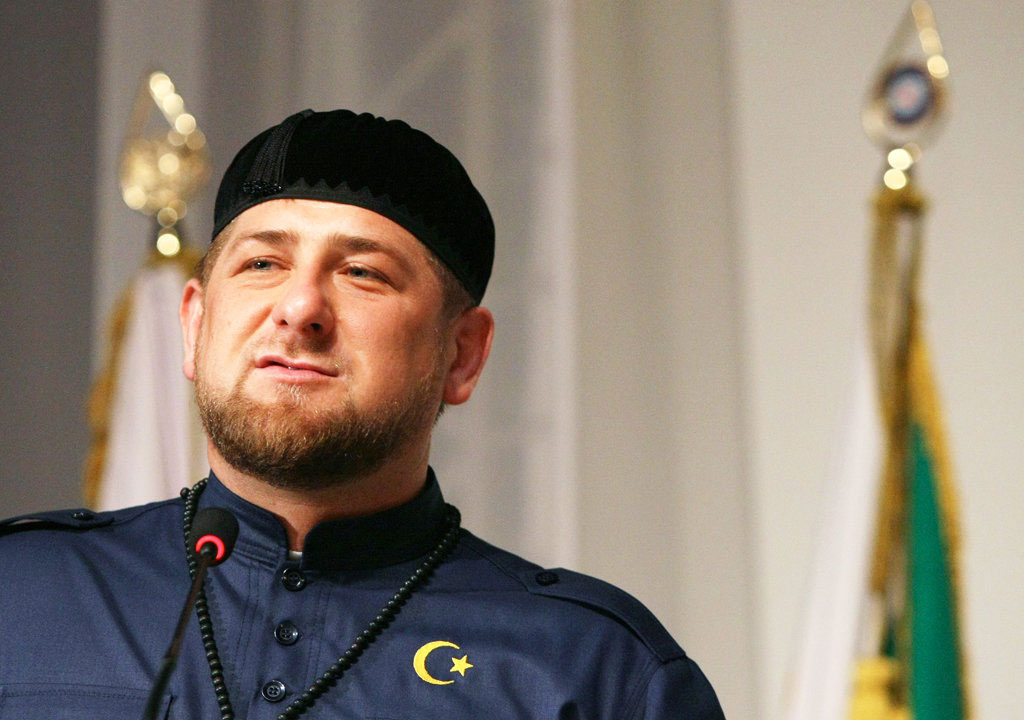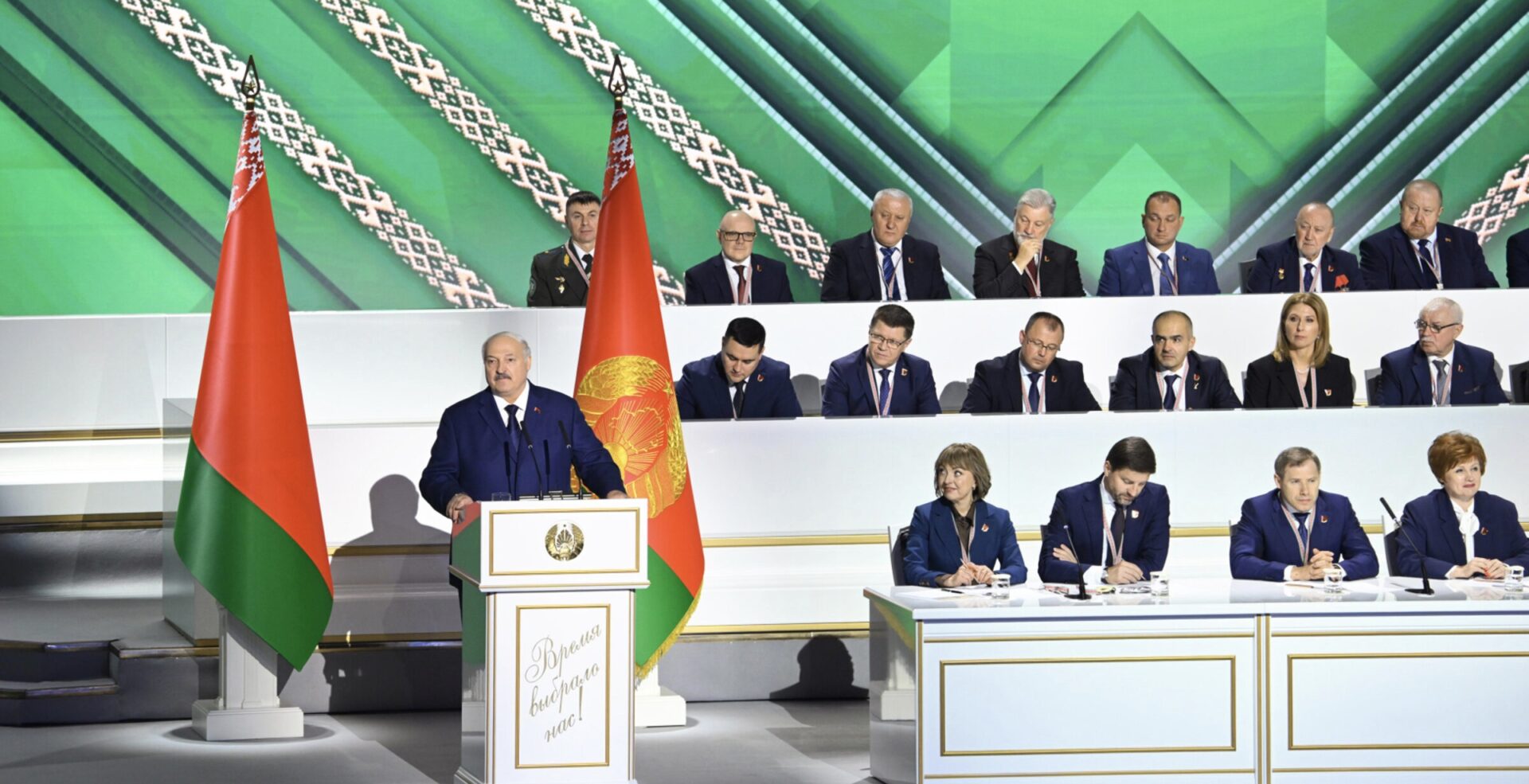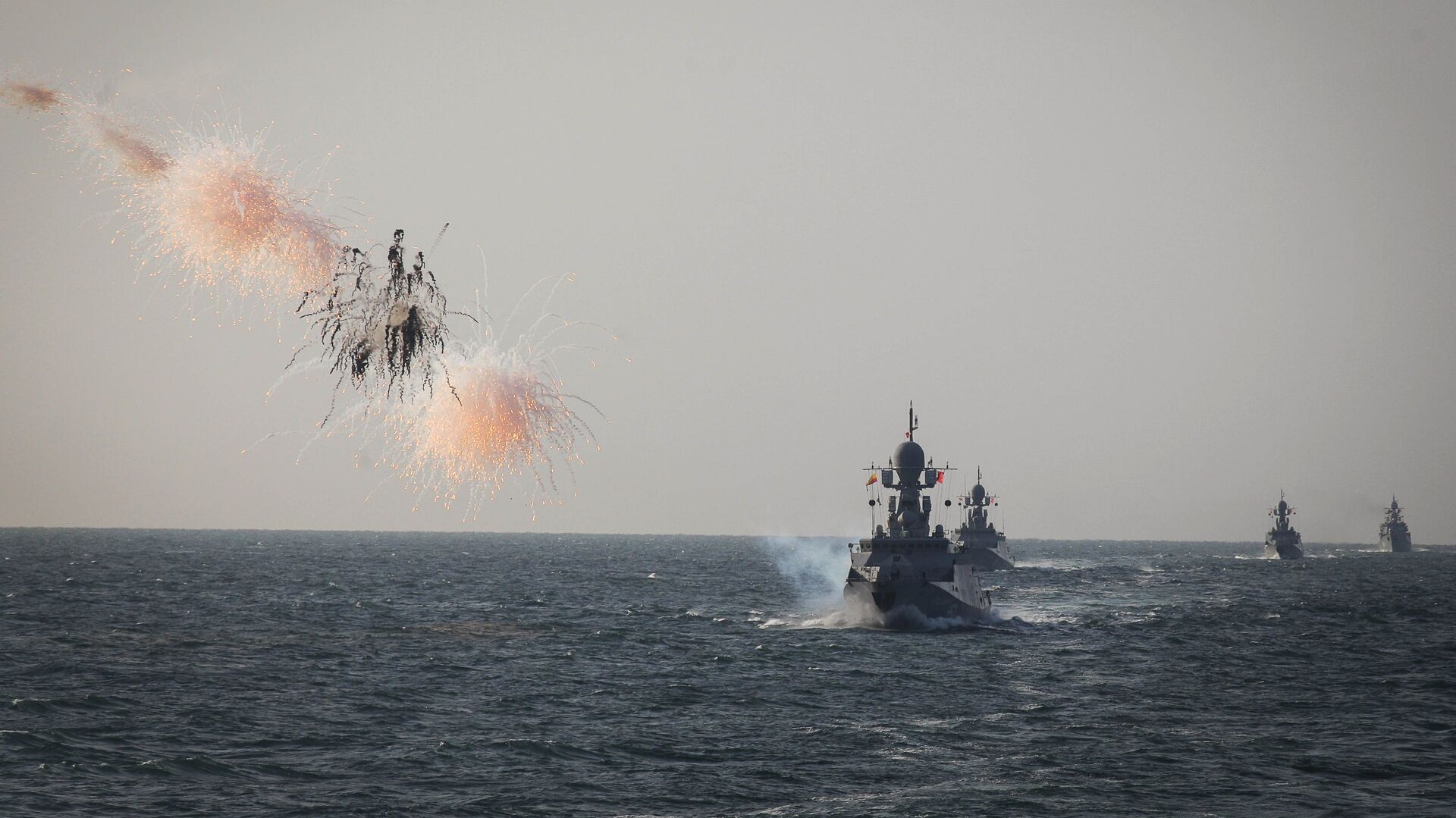
Chechen Leader Lambasts Russian Defense Ministry for Failures in Ukraine
Chechen Leader Lambasts Russian Defense Ministry for Failures in Ukraine
August is said to be the cruelest month in Russia—one that brings major political upheavals (see Prism, August 18, 1995), embarrassing setbacks on the battlefield (CNN, August 9, 1996) and various assorted catastrophes, both natural and man-made. But one could make an equally strong case for September, which has been marked, among other things, by the deadly apartment house bombings in 1999 that led to the Second Chechen War (Nazavisimaya gazeta, September 10, 1999) and the carnage five years later at Beslan (see North Caucasus Weekly, September 15, 2004), which impelled the Kremlin to scrap popular elections of Russian governors. And though September 2022 is not over yet, it has already delivered heaps of instability for the Kremlin, making one wonder what reactions may follow from some quarters.
The first day of autumn began with reports of Ukrainian forces shelling the occupied towns of Enerhodar, Nova Kakhovka and Rubtsi, as well as two villages in Russia’s Kursk Oblast (Rosbalt, September 1). The strikes seemed as corroboration of earlier reports that Ukraine had begun “shaping” operations in the southeast to prepare the battlefield for a counteroffensive (Bbc.com/ukrainian; Financial Times; August 29).
It seems, however, the Russian leadership did not take those signals too seriously. That same day, President Vladimir Putin was on his favorite soapbox, telling a group of schoolchildren that “Ukraine had never been a sovereign state before the establishment of the Soviet Union. Such a state simply did not exist” (Kremlin.ru, September 1). The following day, Defense Minister Sergei Shoigu took part in a conference call during which he reported that the Russian Armed Forces had captured Blahodatne, a village in Mykolaiv Oblast with a reported population of 474 (Komsomolskaya pravda, September 2). Shoigu also claimed the military took control of Pisky, the very same settlement in Ukraine’s Donetsk Oblast whose “liberation” had been announced earlier by several other officials, including Chechen Republic head Ramzan Kadyrov (T.me/RKadyrov_95, August 21).
Indeed, given this confusion and the pervasive impression that Shoigu is becoming increasingly disconnected and self-referential, the news of the Russian retreat from several Ukrainian towns—the most serious reversal for Russian forces since their withdrawal from Kyiv Oblast—caused a swift backlash across the political spectrum and prompted rumors of an imminent reshuffle within the ranks of the top siloviki (T.me/mod_russia, September 10).
Perhaps unsurprisingly, some of the most scathing criticism directed at the Russian Defense Ministry’s handling of the situation was leveled by Kadyrov, though he is not one with a real knack for words. “I am not a strategist of the same level as those in the Defense Ministry, but mistakes were made,” the Moscow-appointed Chechen leader said. Kadyrov added that unless the strategy is changed “today or tomorrow,” he “will be forced to go to the leadership of the Ministry of Defense and the leadership of the country to explain to them the real situation on the ground,” thereby implying that the Kremlin and Russia’s top brass may not have a realistic picture of the true state of affairs in eastern Ukraine (T.me/RKadyrov_95, August 11). Although Kadyrov never once mentioned Shoigu by name, his 11-minute voice message was, in effect, an ad hominem assault on the country’s top defense official.
It behooves a politician to discuss certain realities with euphemisms and circumlocutions, but Kadyrov, who does not appear to hold Shoigu in high regard and is never one to let the dictates of tact or courtesy get in the way, clearly relished crossing the line of acceptable discourse. This is because, firstly, he knew he was reflecting the views of broad swathes of Russian society and the political class. Secondly, the message was probably meant mostly for Putin, who is known for his penchant for direct, no-nonsense and occasionally crude talk. And thirdly, by dropping some not-so-subtle digs at Shoigu and promising that his forces will recapture the lost territories and “reach Odesa in the nearest future,” Kadyrov played to shocked audiences from Vladivostok to Belgorod and simultaneously signaled his aspirations for a more senior leadership or command role, perhaps even at the helm of the Russian army.
In truth, any reshuffle at this stage is bound to be interpreted as an admission of failure, something the Kremlin will be loath to do, but the setbacks on the front lines are so damaging and the lack of sound and coherent strategies so glaring that many have taken their cue from Kadyrov and started openly questioning the operational competence of the top military leadership, apparently hoping Putin would depart from his long-standing HR practices (Novaya gazeta, September 13; T.me/strelkovii, September 12).
If Kadyrov does indeed have designs on Shoigu’s job, the Chechen leader is likely to face stiff opposition from many quarters. On September 12, the Russian daily Novyye Izvestiya published a letter addressed to Putin and allegedly written by the Russian Communist Party’s veteran leader Gennady Zyuganov (Kommersant, September 14). The author asked the Russian president not to appoint Kadyrov to the Defense Ministry’s top position, as Russia’s defenses should not be entrusted to a man who, echoing a widespread belief, “mercilessly killed Russian soldiers during the First Chechen War”. The next day, Zyuganov branded the publication a “dirty lie” and threatened court action, but surprisingly little lasting rancor has persisted over the incident. The newspaper has since removed the article from its website but did not issue an apology (Kprf.ru, September 13).
The main point to emphasize here is that, given the chance, almost any political party, power ministry or government agency could have denounced Kadyrov, since many view him as a dangerous provincial upstart who possesses too much power and poses a potential threat. But none did.
Kadyrov knows what he has to do to get what he wants. Such politicians have always existed, but the thing about Chechnya’s leader is that he is brutally direct and relentless in pursuing his goals. His stock in trade is the calculated head-on assault, an approach appreciated in times of crisis or unpredictable challenges. No wonder Russian propagandists have been singing his praises lately (see EDM, June 29).
Whether Kadyrov is actually affected by his detractors’ efforts, the simple fact remains that he has chalked up another victory. Not only has he savaged the country’s top military official, but he has given others the impetus to snap at Shoigu’s heels and scrutinize the Russian army’s leadership, which never cared much for Kadyrov, with increasing malevolence. But that shift only plays into the Chechen leader’s hands.
Indeed, just last week, Kadyrov, apparently frustrated with the Russian command’s ineffectiveness and failure to accomplish any of its strategic goals, called on his fellow regional governors to “self-mobilize,” equip and train 1,000 conscripts each and then send the newly created 85,000-strong force to the war zone. “We do not have to wait for the Kremlin to declare martial law or sit back and wait for the end of the special military operation in Ukraine,” Kadyrov wrote, clearly expressing his displeasure at the lack of any real action being taken related to the debacle in Ukraine (T.me/RKadyrov_95, September 15). Putin’s announcement Wednesday that Russia will implement a “partial” mobilization may very well be an attempt by the Kremlin to regain the initiative and galvanize consequential figures, like Kadyrov, to continue supporting the war effort in Ukraine.


